The past year has Chasing Amazing’s most successful, with many new readers jumping aboard and some long-time ones becoming more engaged with the site (and I even co-host a podcast with one of them). Since you’ve all been such great sports about reading about whatever random issues of Spider-Man I felt like writing about that week – including enduring some theme months along the way – I wanted to make November a “Reader Request Month.” As such, all of the “classic” Spider-Man stories I write about will be requests I’ve received from you, friendly readers, via Twitter and Facebook. I’m still taking suggestions, so feel free to tweet me or leave something in the comments section, and hopefully I can get to it before the month ends.
The first reader request actually came from a couple of readers, but since he asked me first, I’ll give credit to @rdiesel123, who asked for the Spider-Man as Captain Universe arc, aka, the “Cosmic Spider-Man” story that’s featured in Amazing Spider-Man #326-329, Spectacular Spider-Man #158-160, and Web of Spider-Man #59-61.
@ChasingASMBlog how about the Captain universe and Powerless arcs?
— diesel123 (@rdiesel123) October 19, 2013
Here we go, and thanks for the suggestion!
***
I think all of us who passionately identify with one specific superhero all go to great lengths to justify why “our guy” is the best. With Spider-Man, I’ve always been more connected to the hero’s dedication to his “great responsibility” than the actual “power” he possesses, but there have been a few times where I’ve gotten defensive because somebody casts Spidey as a physical lightweight. How can somebody say Spider-Man isn’t strong – he’s got the proportionate strength of a spider! He’s also incredibly fast, agile, can climb walls, smart enough to design himself webshooters and has a Spidey sense that warns him of imminent danger.
And yet, just the other day I Googled “Thor” and “Spider-Man” in anticipation for a future post about the two, and instead I find a post on some internet site where someone posed the question “who would win in a fight between Thor and Spider-Man” and the universal opinion was that Thor would “crush” Spider-Man. I don’t know about you, but that just burns me up. Sure, Thor is STRONGER than Spider-Man, but Spidey has fought and succeeded against foes above his weight class countless times in the past. How can people out there be so dismissive?
The “Cosmic Spider-Man” storyline is as much a character study of Spider-Man/Peter Parker – an examination of how he responds when the power he receives is quite literally, the universe’s greatest power – as it is a moment of unashamed empowerment for Spidey’s fans. After being forced for years to accept Spider-Man as the world’s most plucky, lucky-to-still-be-alive underdog, especially in fights against guys like the Hulk, Juggernaut and Thanos, for 10 issues fans got to experience what it was like to root and cheer for a superhero who was physically unstoppable.
In this arc, Spider-Man acquires the power-set of Captain Universe after an experiment gone awry at Empire State University. Besides making Spider-Man physically stronger, these new powers give Spider-Man the ability to fly and to mentally control the flow and direction of his webbing. He can also control particles of matter, giving him the ability to shoot beams from his hands.
With this being an early 1990s story, the “Cosmic Spider-Man” saga naturally ties into larger Marvel happenings. In this case, it’s the, company-wide “Acts of Vengeance” crossover, when the world’s most nefarious supervillains – Doctor Doom, Magneto and Kingpin, to name a few – got together and determined the most surefire way to dispatch of their adversaries was to switch opponents.
I keep trying to poke holes in the villains’ plan because on the surface, it looks like just another industry gimmick, but the more I think about it, it’s not a terrible strategy from the bad guys. The logic behind this madness is that for many of these villains, their respectively “assigned” hero’s familiarity with their tactics ultimately puts them at a disadvantage. So by switching things up, the heroes would now be caught off-guard and more easily defeated. This idea is validated when long-time Human Torch punching bag Paste Pot Pete (err… the Trapster) nearly kills Spider-Man in Spectacular Spider-Man #158.
But let’s be honest here: “Acts of Vengeance” was very much about Marvel pairing off random sets of heroes and villains and reaping the financial rewards that came with it. Why else would Spider-Man be fighting X-Men mainstays like Magneto and the Sentinels? In nearly every issue, Spidey bemoans the fact that he’s being attacked so randomly by guys he has no personal issue with. That level of randomness and my overall cynicism with Marvel’s transparent sales-driven ploy (imagine the popularity of a comic book with Spider-Man AND an X-Men villain on the cover!) detracts a bit from my overall enjoyment of this story. I would much rather see Spider-Man unleash these new cosmic powers of the likes of Doctor Octopus or Venom, rather than the Brothers Grimm and Titania.
And yet, despite the scent of gimmick that wafts over this arc, the “Cosmic Spider-Man” saga’s significance to the overall Spider-Man comic universe cannot be denied. From a strictly procedural standpoint, the Amazing Spider-Man issues in this storyline mark the transition from the Todd McFarlane-era to the Erik Larsen-era (with both artists eventually leaving Marvel a few years later to join Image Comics).
McFarlane got to end his iconic run on ASM with one of the more famous Spider-Man comics of the 1990s. The cover to ASM #328 – which shows Spider-Man punching the Hulk to the top of the page and through the comic’s title – captures everything I love about 90s comics in one image. You have an amazing artists illustrating two of the greatest characters in comic book history, and he does it in a way that’s totally unique and edgy. I look at this cover and think “how can somebody see this on the spinner rack and not want to own it? He’s punching Hulk through the title!!”
ASM #328’s interiors are just as much fun. From a larger Marvel universe perspective, the Spider-Man/Hulk throwdown comes during Bruce Banner’s “Grey Hulk” stage (as written by the great Peter David). For the uninitiated, Grey Hulk was smarter and meaner than the traditional Green Hulk, but wasn’t quite as powerful. As a result, the fact that Hulk picks a fight with Spider-Man without realizing that he’s at the height of his cosmic powers, is both hilarious and satisfying. In this comic, Grey Hulk’s attitude towards Spidey is similar to those internet loudmouths who think Thor will just automatically crush Spider-Man in a fight. So when Spider-Man punches Hulk so hard he sends him into space (and Hulk wonders if this is the way he’s about to die), it’s a total “bleep” yeah moment for Team Spidey. And because this is still a Spider-Man comic, Spidey does fly up into space and rescues the Hulk from his almost certain demise.
It’s these displays of humanity from Spidey that ultimate elevates “Cosmic Spider-Man” saga from being just another example of silly 90s excess, and into a fairly engrossing story. There’s unquestionably a lot of filler here, as I really can only watch Spider-Man kick some unknowing villain in the tookus so many times before it gets boring, but the fact that Peter emotionally struggles so mightily with these newly acquired powers, keeps the arc grounded and well-meaning. Despite J. Jonah Jameson no longer running the Daily Bugle (that job now belongs to Thomas Fireheart, aka, the Puma), Spidey’s cosmic powers make him an even bigger menace in the eyes of the media, and even Mary Jane has her doubts about things. Aunt May is aghast when Peter asks her “hypothetically” about God-like power. Gerry Conway and Alex Saviuk sum up Peter’s condition quite perfectly when they show him eating a TV dinner on the floor, by himself.
In Amazing Spider-Man #329, the saga’s final installment, David Michelinie and Larsen manage to end things on a definitive Spider-Man “moment.” At this point, Spider-Man has become aware that his power is actually derived from Captain Universe and is now physically embodying the galactic hero. A new invention, a Tri-Sentinel, is on the loose and has been ordered by Loki to destroy a nuclear power plant in New York, which would wipe out thousands of innocent people. The powerful robot shrugs off any attempts from its creators to disable it mechanically, so it’s all up to a visibly exhausted Spider-Man and his cosmic powers to save the day.
It’s probably some of the best writing Michelinie has done on the title. In the moments leading up to Spidey successfully saving the day, Michelinie describes the hero as being in immense pain from the surge of cosmic energy that has taken over his body. And yet, in true Spider-Man fashion, he perseveres, channels that energy and disintegrates the Tri-Sentinel before returning to his “normal” non-cosmic form.
It seems somewhat fitting that even when all the cards are stacked in Spider-Man’s favor, ultimate success still boils down to him making a difficult choice between great power or his responsibility to be a hero (and Spidey, of course, making the right choice). Spider-Man had the power of a god, and yet he gave it all up when thousands of innocent people were in immediate danger. If that’s not heroism, I don’t know what is.
Meanwhile, as a fan, I would have loved to have the bragging rights associated with cheering for the most powerful superhero of all in cosmic Spidey, but to use a sports analogy, that probably would have felt like being a New York Yankees fan after a while. I regularly tell people and write on this site that it’s Spider-Man’s relate-ability that has made him my all-time favorite hero. I certainly enjoy the cosmic stories, especially Jim Starlin’s run on Captain Marvel and Warlock in the 1970s, but there’s something infinitely more satisfying about seeing the guy you pull for overcome insurmountable odds. So maybe Thor could beat Spidey to a pulp anonymous internet commenter, but at least Spidey has unbeatable strength of character.

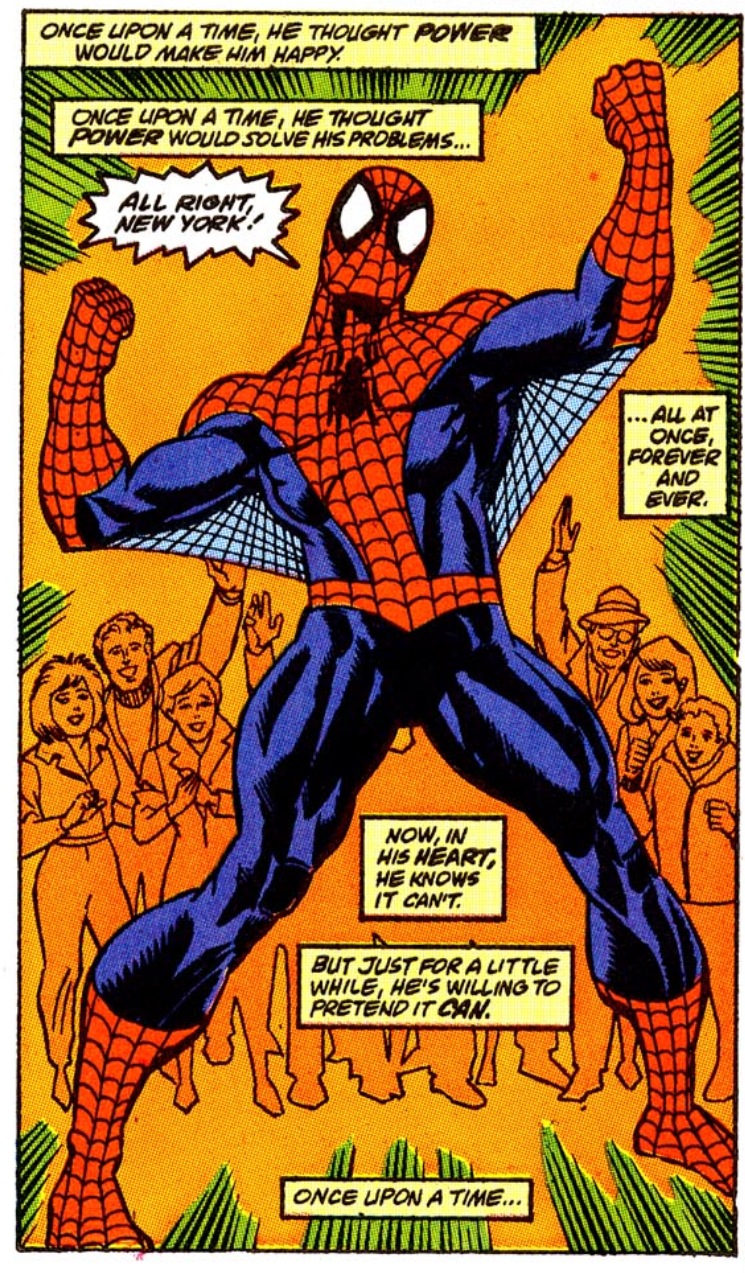
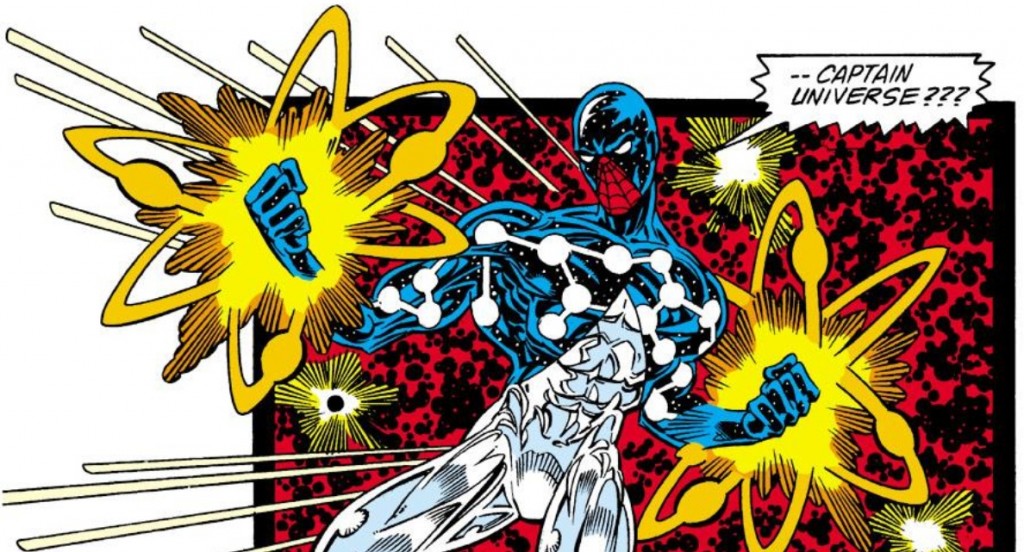
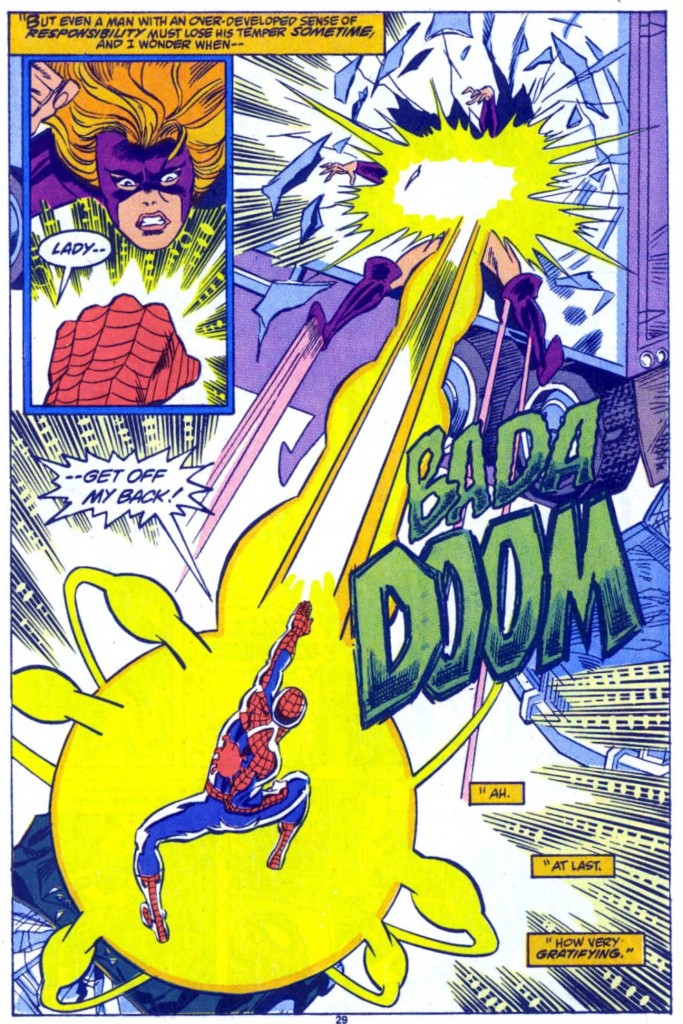
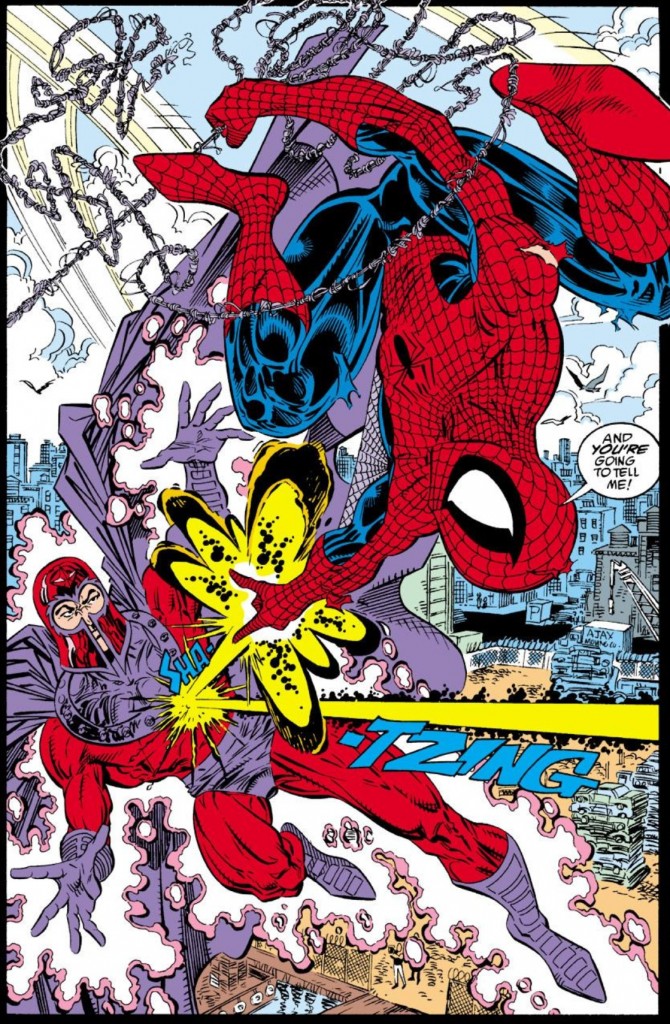
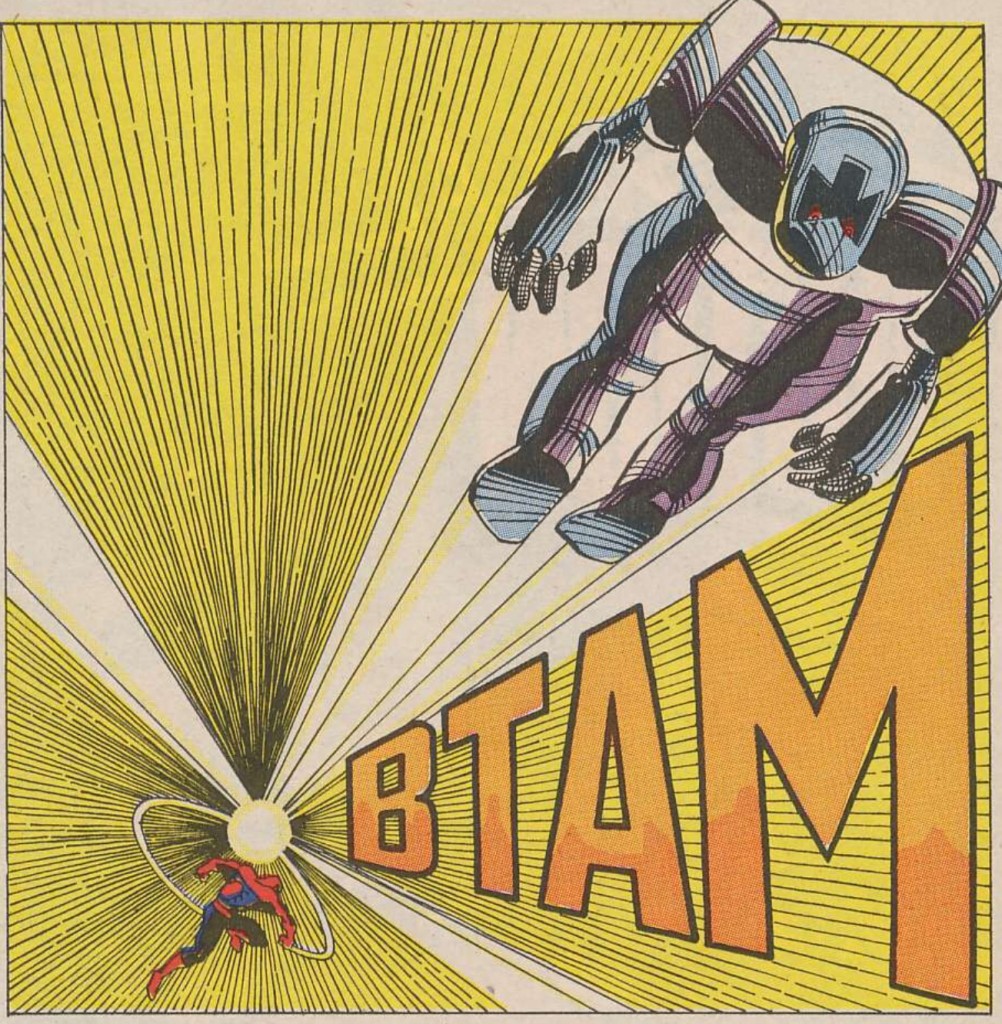
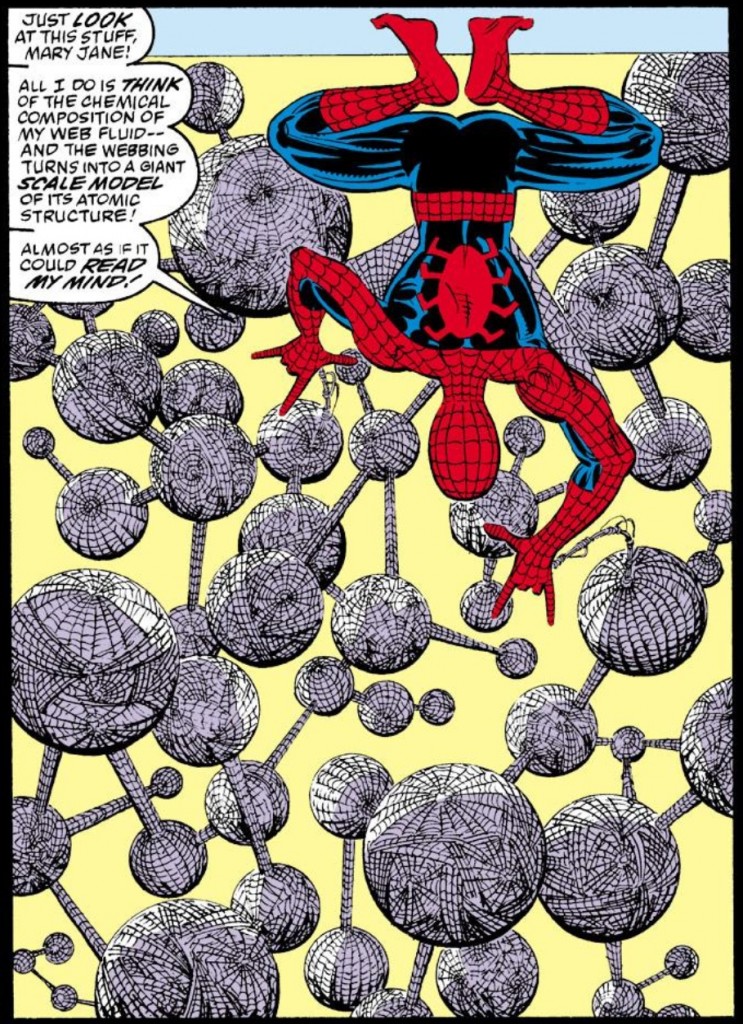
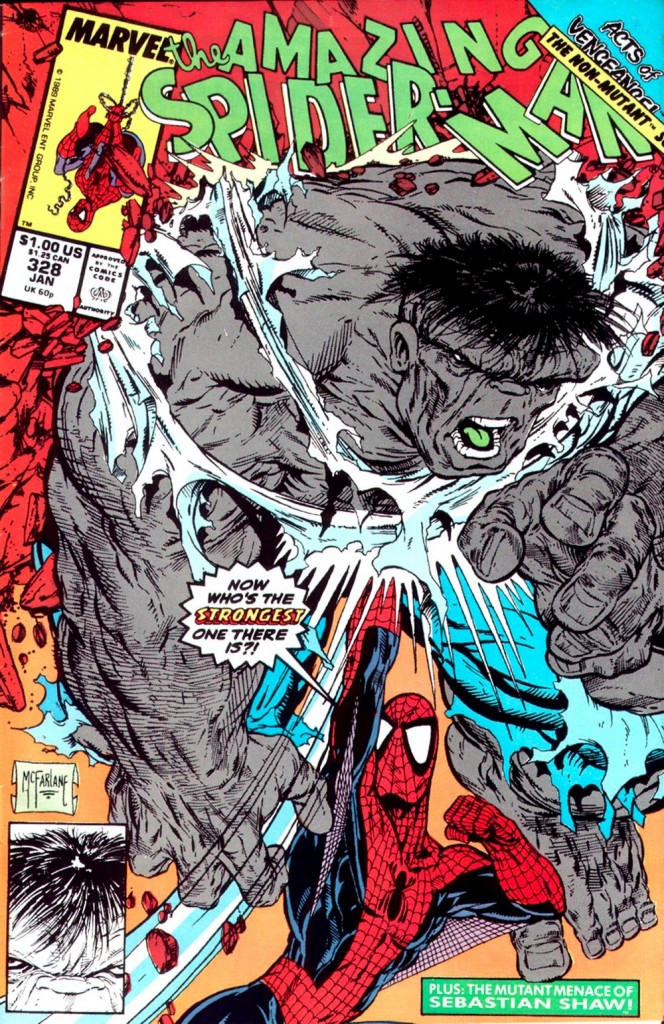
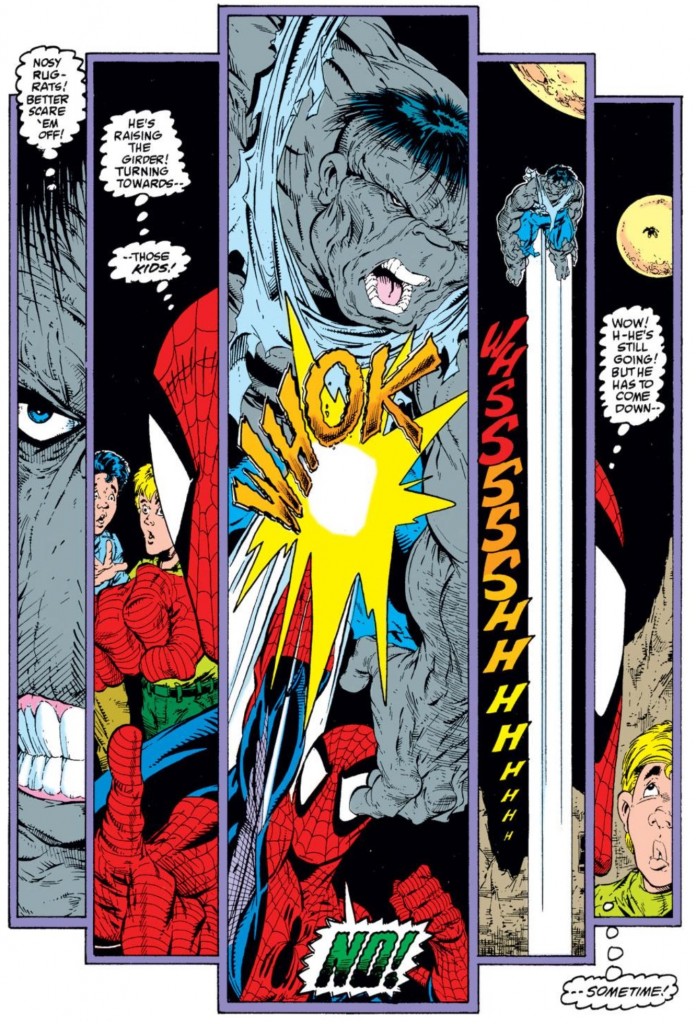
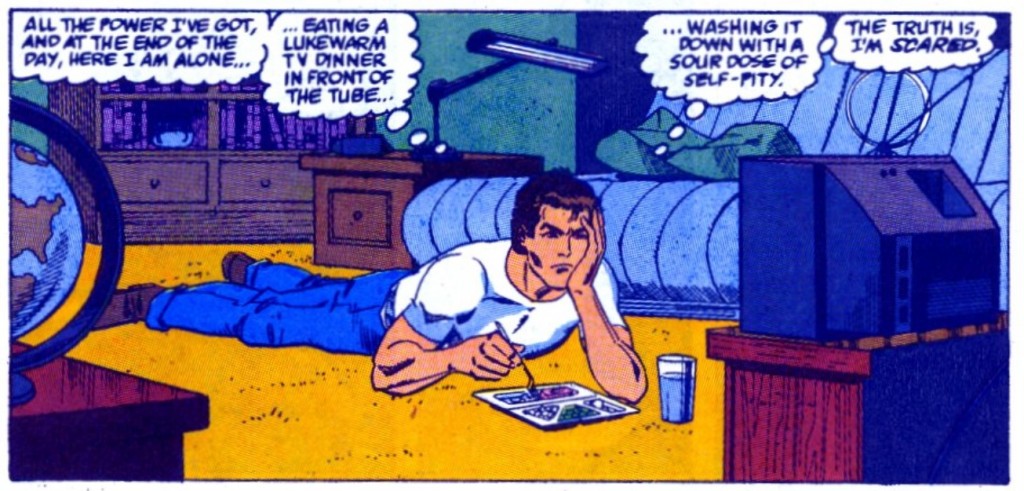
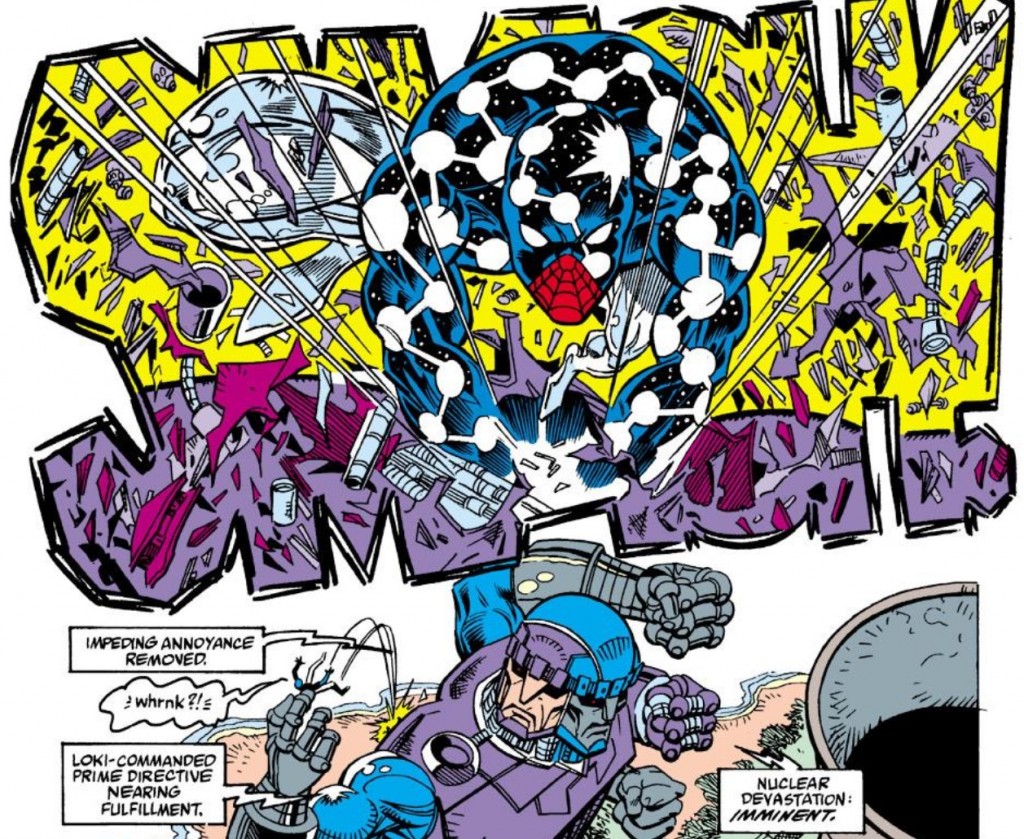
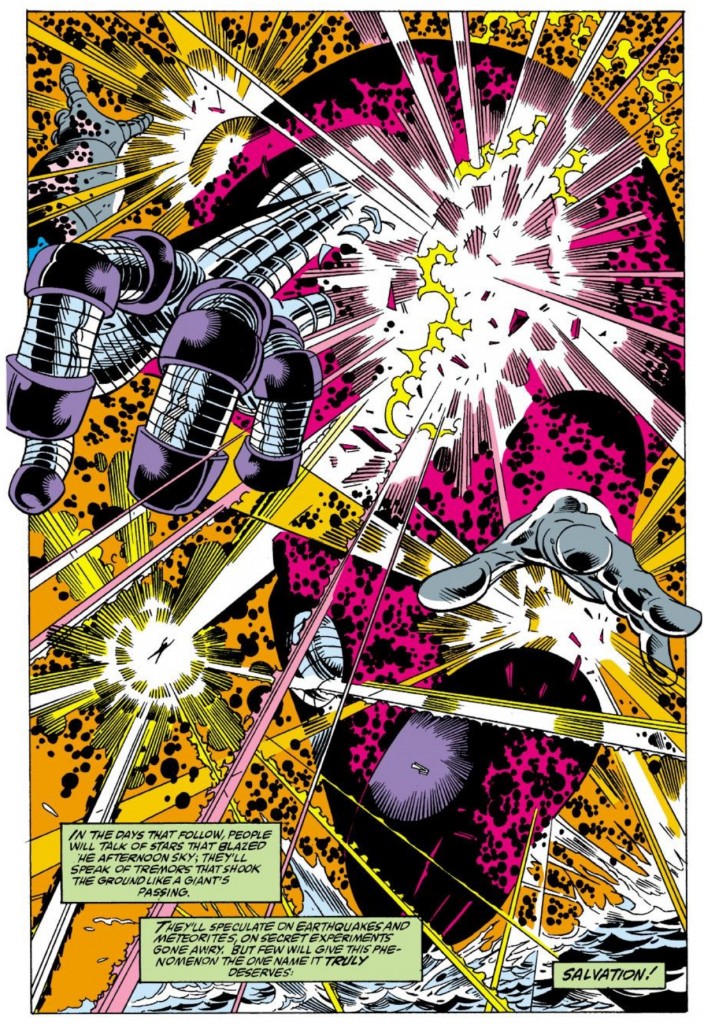

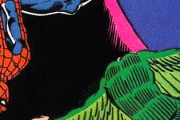
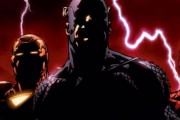
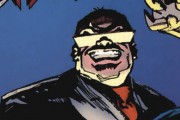
Could you comment on the exact reading order, since this saga technically crosses over three different series’?